Life as an Engineer working in an everchanging Saudi Arabia
This article focuses on life as an engineer in Saudi Arabia and the day to day work of a senior service engineer working on gas chromatography & analyzers. Vidyanand Mishra shares his experience of working for Gulf Bio Analytical in Saudi Arabia.
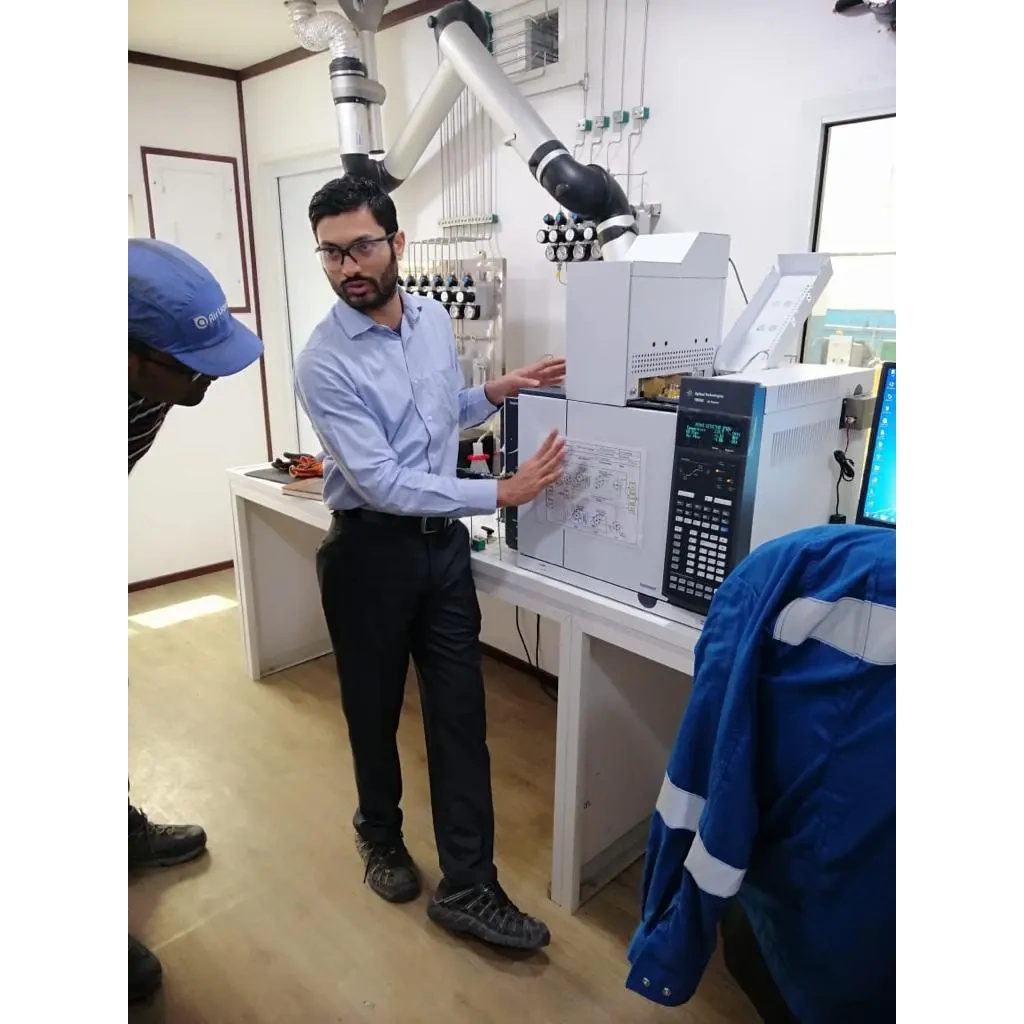

Senior Service Engineer Gas Chromatography and Analyzers for Gulf Bio Analytical
Background and path to engineering
Have you always been interested in the way things work?
No, to be honest, I didn’t even know about this field properly even when I got job offer from Gulf Bio Analytical (my current company). However, today I can say that my job is really fascinating, and I love it.
Did you like science and technology as a child?
Yes, however I was more interested in maths.
Was there a family member who encouraged you to study engineering?
Not directly but a couple of my cousins and neighbours were all doing engineering. During the same time, in my secondary school (class 10th) I got 99% marks in mathematics which further motivated me to choose engineering.
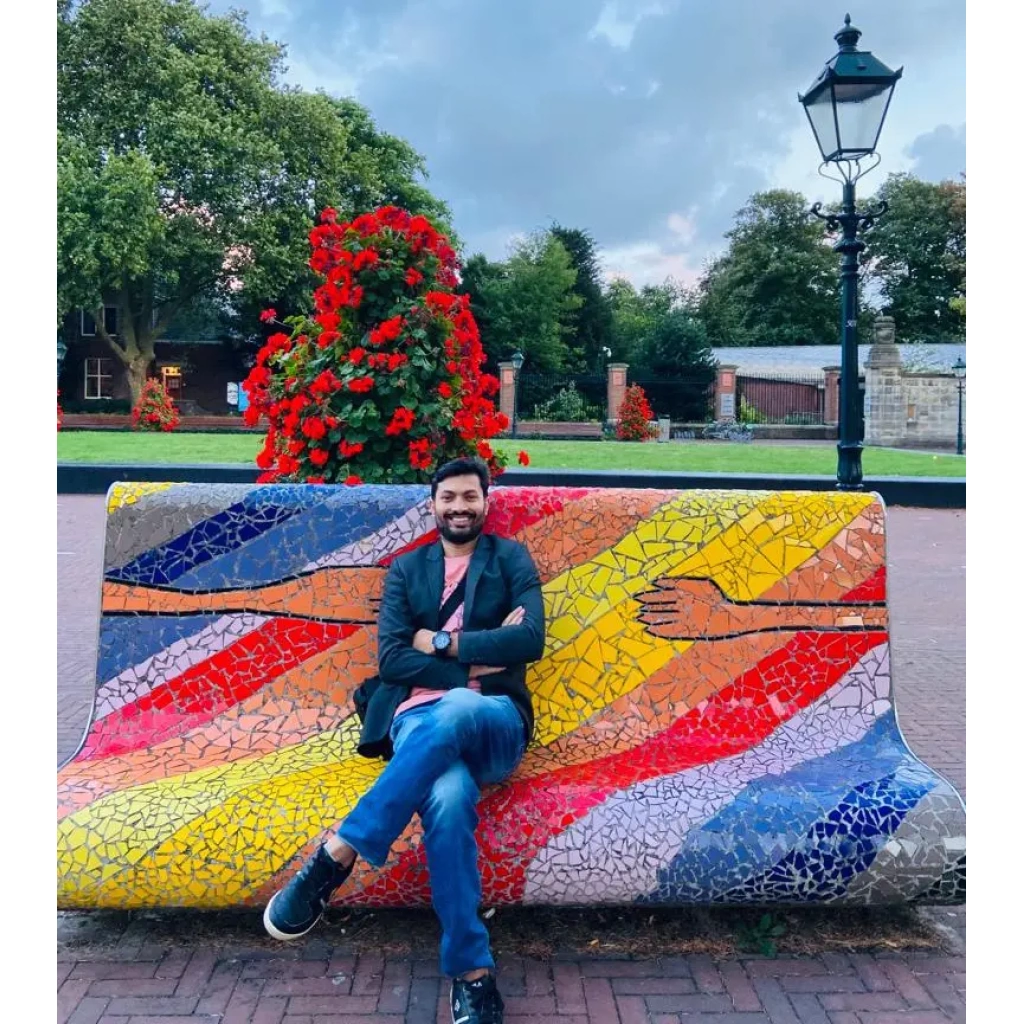

First role after university
How quickly did you adapt to working full time after university?
After university, most of us are really thrilled to get a job and excel through it. In fact, I was no different. As soon as I got the job offer and landed in Saudi Arabia, I was really excited about this job and quickly adapted to the conditions and the job requirements here.
How did you keep learning even though you had left university?
After university, it was time for me to apply the basics I learnt in my electrical and electronics engineering degree at work. In addition, reading the manuals and articles related to our work is really very important especially in the early days of our career.
Why do you think it is important for an engineer to be a ‘lifelong learner’ in their own field and in other fields, and how can they achieve this?
Three things that really help are as follows.
Reading habit
Read the relevant manuals and articles as much as possible.
Stay updated
Keep yourself updated by reading the latest technological developments and service notes etc.
Technical discussions
Engage in technical discussions with your colleagues, senior members of staff and customers so that you share knowledge.
Moving countries to begin life as an engineer in Saudi Arabia
How quickly did you adapt to life in the Kingdom of Saudi Arabia?
For me as long as I was not married, I did not have any issues with life in the Kingdom of Saudi Arabia (KSA). Of course, there were certain things which needed to be taken care while I came to KSA in February 2015. However, things have changed a lot since then and I can proudly say that today KSA is a much more open and a good place to work and save money.
What advice would you give to someone else moving to KSA for work?
I would start with the positives. It is a great place to work and save money as salaries here are non-taxable. In addition, there are many good places to visit. Saudi is already working towards making the country desirable for tourists to visit.
However, as we all know there is no religious freedom. Nursery schools and primary schools (even senior schools) could be better. As well, there could be more recreational activities.
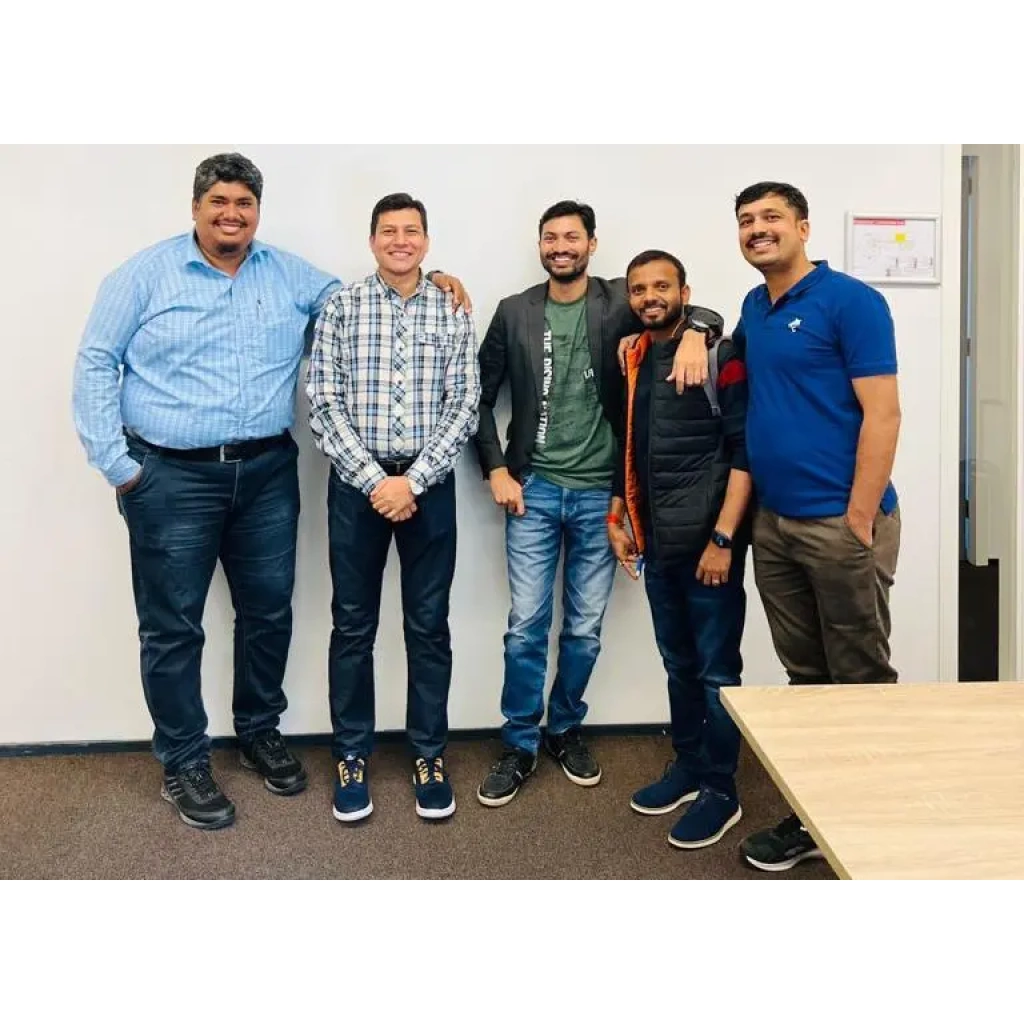

Types of equipment and instruments
What are the different types of equipment and instruments you have worked on?
I have worked on the following:
GC,
analyzers – GC
GC- Headspace,
GC-TDS,
TOC,
Continuous flow analyzers (by SKALAR),
Mercury analyzers,
Trace elemental Analyzers (by TE),
Lab gas generators etc.
What has been the most interesting piece of equipment you have ever worked on?
I enjoy working on GC analyzers (like RGA, NGA, Oxygenates, Trace gas analysis using GC-PDHID, SIMDIS, DHA, TOGA etc.). This is because GC analyzers always pose interesting problems and working on them is always fun and brings the best out of us as engineers each time.
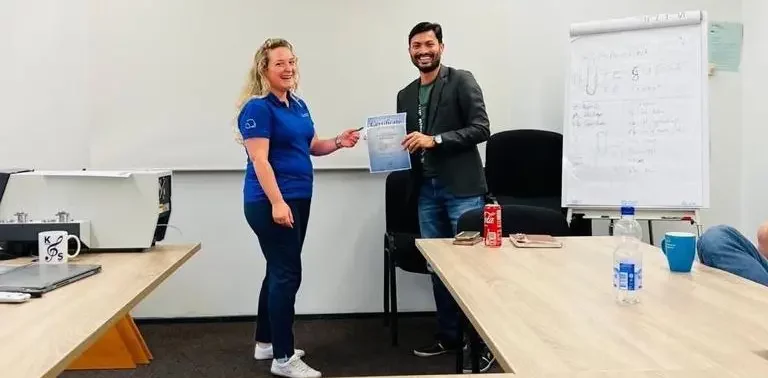

Industries
Which industries need a field service engineer who has specialised in analytical instruments for gas chromatography?
A wide range of industries for example:
Oil and gas,
Refineries,
Petrochemicals,
Pharma,
Food and drugs,
Academic and research institutes,
Forensic laboratories,
Environmental,
Flavour and fragrance
Etc.
Can you give an example of a customer and why they need you?
There are many industries, like petrochemicals with refineries where they need to analyze their samples from the process. For this purpose, their analytical instruments let’s say, a gas chromatograph (GC), has to be in running condition all the time. For the same reason most of the customers have a maintenance contract with us to perform a routine maintenance on their GCs and to attend the breakdown calls in any emergency.
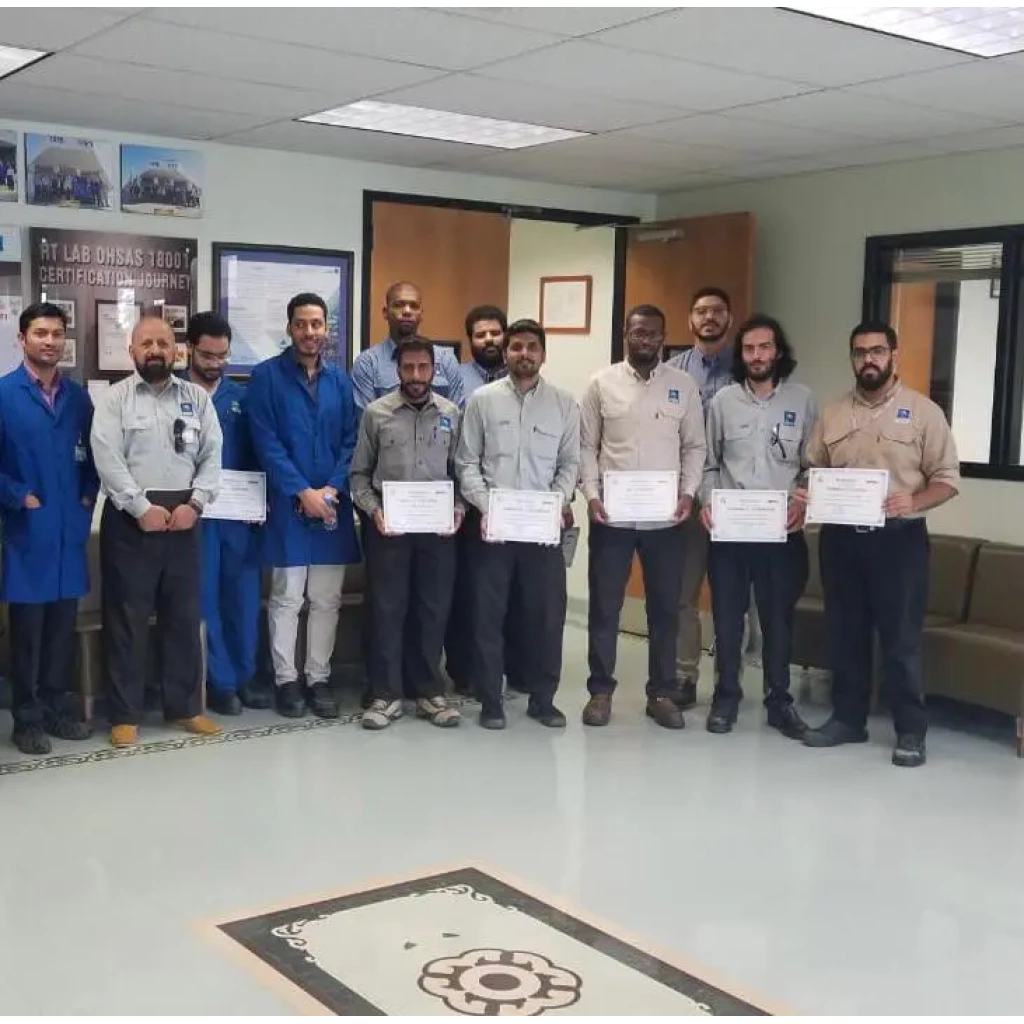

Typical week as a Senior Service Chromatography Engineer in Saudi Arabia
What’s your typical week like?
Our week starts from Sunday till Thursday. Most of the working days start with a customer visit (mostly we reach them by 7:30-8:30 am) in the morning and coming back to home around 4-5 pm. After that, we need to capture our daily activities for the call we have attended in our database and close the calls if completed.
How much of your time is spent ‘hands on’ with customers and how much on administration, training, and other aspects of your role?
We spend most of our time, maybe around 80-90% hands on with customers. As well, we need to provide training to customers for any new instrument installation. We train them on both the hardware and the software.
How much travel do you do?
Ours is predominantly a travelling job. So, on a daily basis, our travelling is local as most of our engineers live in the industrial city of Jubail. But we also need to travel long distances very frequently.
Work life balance of an engineer in Saudi Arabia
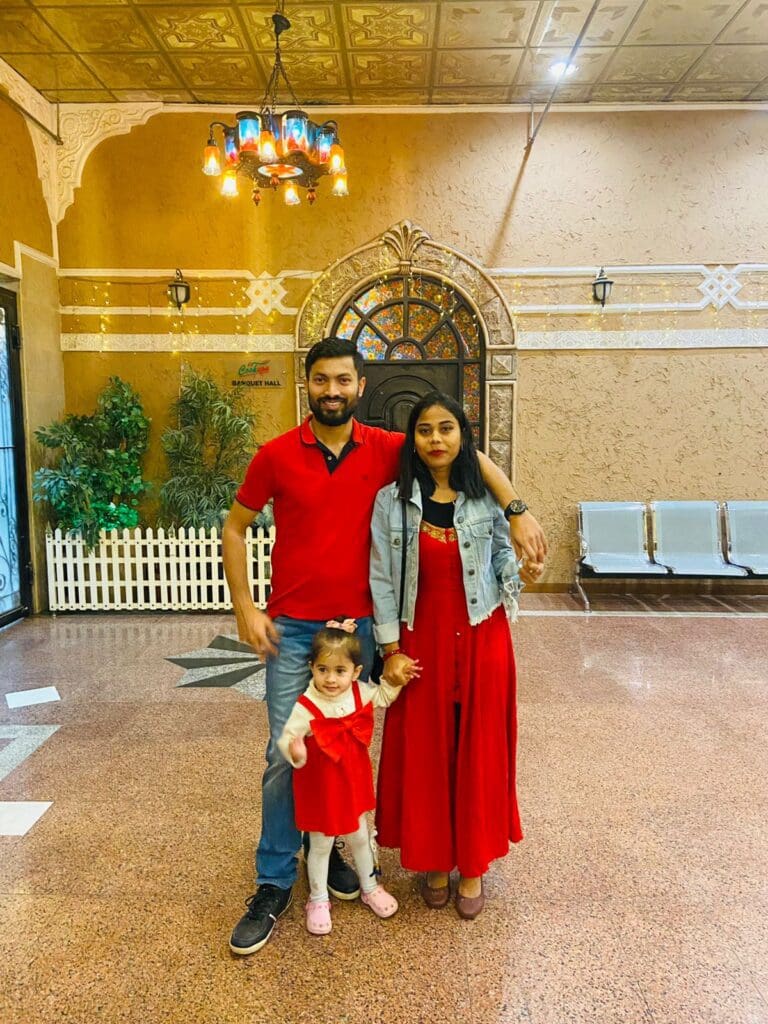

How do you relax when you are not working?
Occasionally during the weekdays, I may take out some time in the evening to go for an outing with my wife and daughter to the beach, a park or maybe a mall (shopping centre).
Weekends are mostly lazy. For example, some mornings or evenings we go to the beaches to swim. We also complete our shopping for the coming week at the weekends.
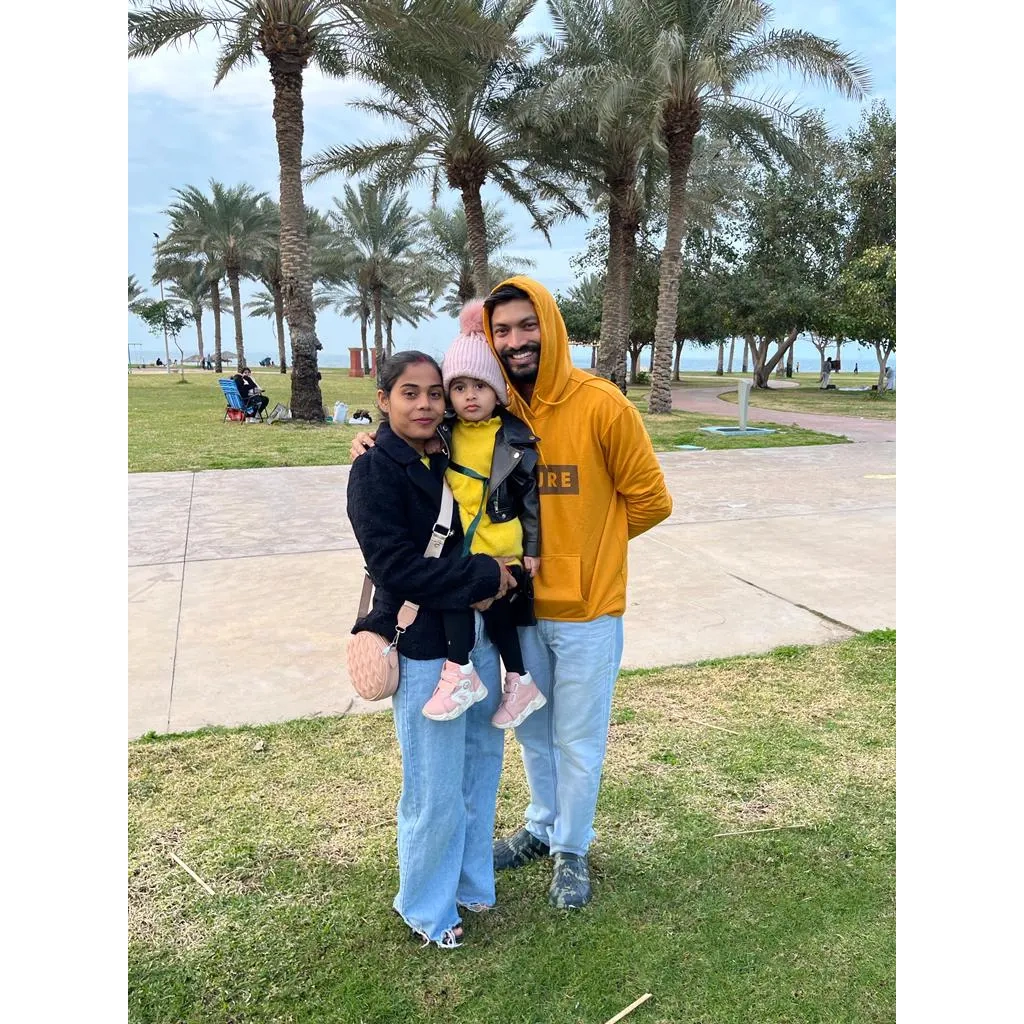

Preventative maintenance
How much of your work is involved with preventative maintenance? Why do you think this is vital?
We always educate our customers about the importance of a maintenance contract where we also perform routine maintenance (preventive maintenance). Maybe 1-2 calls per week are about PM. This is really vital to make sure the instrument works well till the next scheduled maintenance and doesn’t give unnecessary headaches.
How do you persuade customers to prioritise preventative maintenance?
We need to educate them of the importance of PM and also the cost involved after a breakdown due to parts required, instrument downtime etc which could have been avoided by routine maintenance.
Training customers and end users
How key is this to the job you do? Does a well-trained end user make your job easier?
It is very important that we train the end users properly so that they are confident enough to operate the instrument. A concise and clear standard operating procedure (SOP) is always handy. This definitely makes our job easier as it avoids frequent unwanted visits to the customer along with unwanted instrument breakdowns.
Most challenging part of the job and life as an engineer in Saudi Arabia
What is the most challenging part of your job – technical side, logistics or customers?
The technical part is the most challenging. We need to be equipped with the technical information/procedure before we visit for any call. As long as we are technically equipped and competent, customers can be handled easily in most of the cases.
What has been your most challenging job to date?
I don’t remember any particular job to be challenging. However, the nature of our job is such that I always say that:
“Every day is a new battle for us.”
Of course, winning is the only option.
What do you do when something is not working, and there is no obvious reason?
Mostly I take a break, drink some water, or have a cup of tea or coffee. That usually works.


Making a future star
Apart from a strong technical background, what are the three most important skills for a field service engineer to have?
These are the three most important in my opinion.
A good reading habit.
Logical way of thinking.
Ability to build trust with customers.
What sort of personality traits are ideal for a field service engineer to be successful?
Confidence
We should be confident while talking to the customers and colleagues. It leaves an altogether different impression on the person we are talking to.
Punctual
Well dressed and well prepared
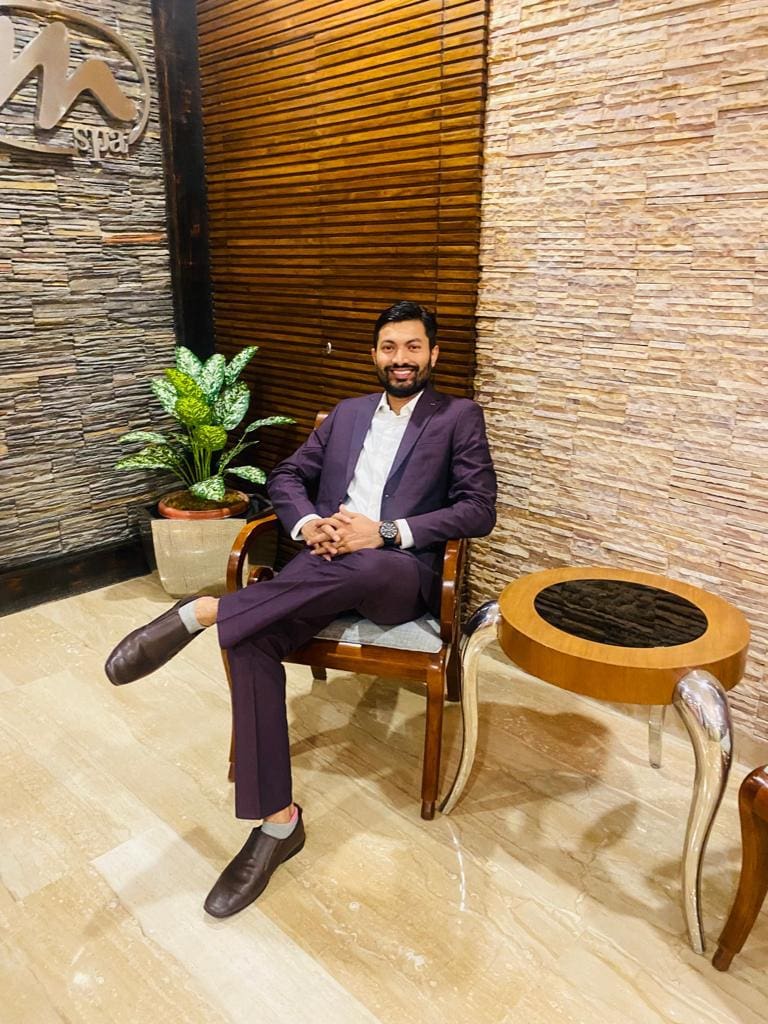

The author of life as an engineer in Saudi Arabia
Vidyanand Mishra is a Senior Service Engineer – Gas Chromatography and Analyzers for Gulf Bio Analytical. He has a degree in electrical and electronics engineering and has relocated from India to Saudi Arabia.
Vidyanand is married to Ritambhra and has a daughter named Aaditri. They are his constant source of energy and always encourage him to do better.
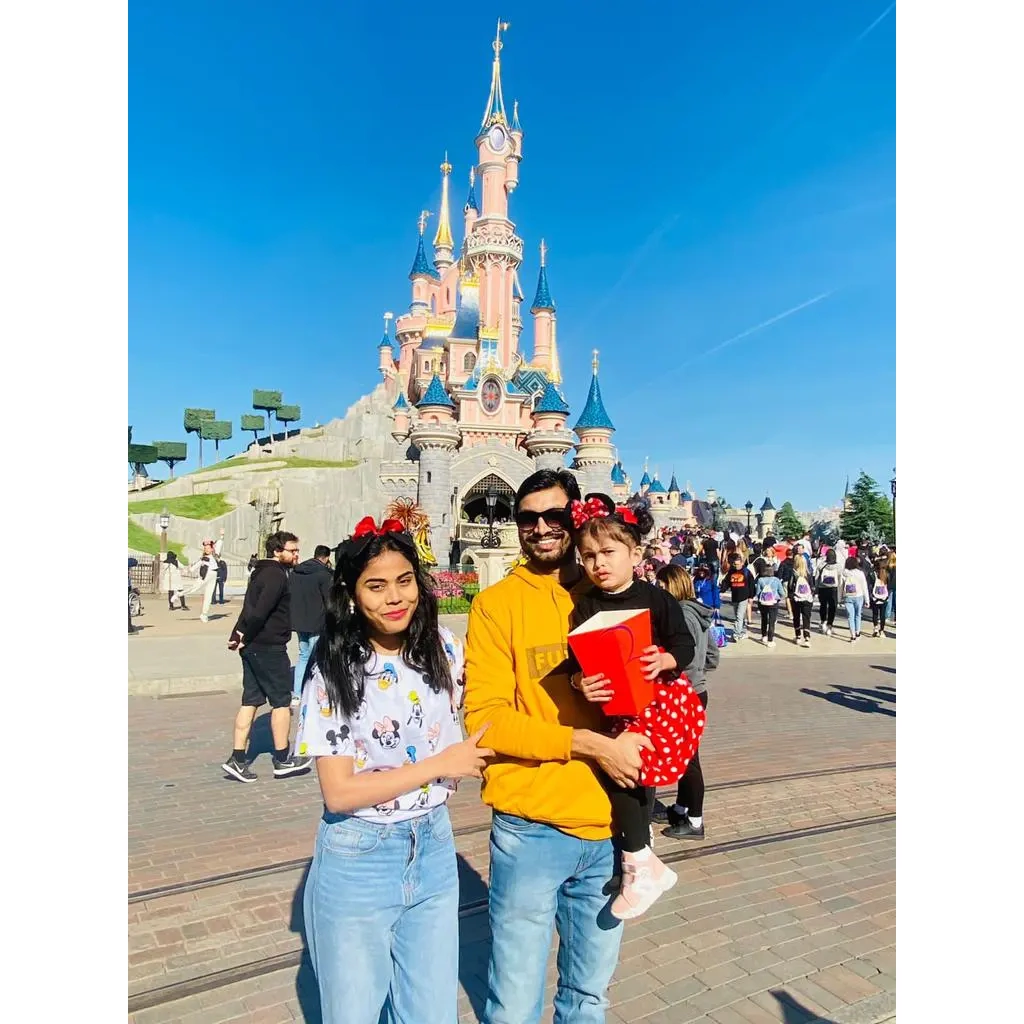

Further reading about chromatography and instrumentation field service engineering
Why become a chromatography field service engineer?
Chromatography Field Service Engineer


Responses